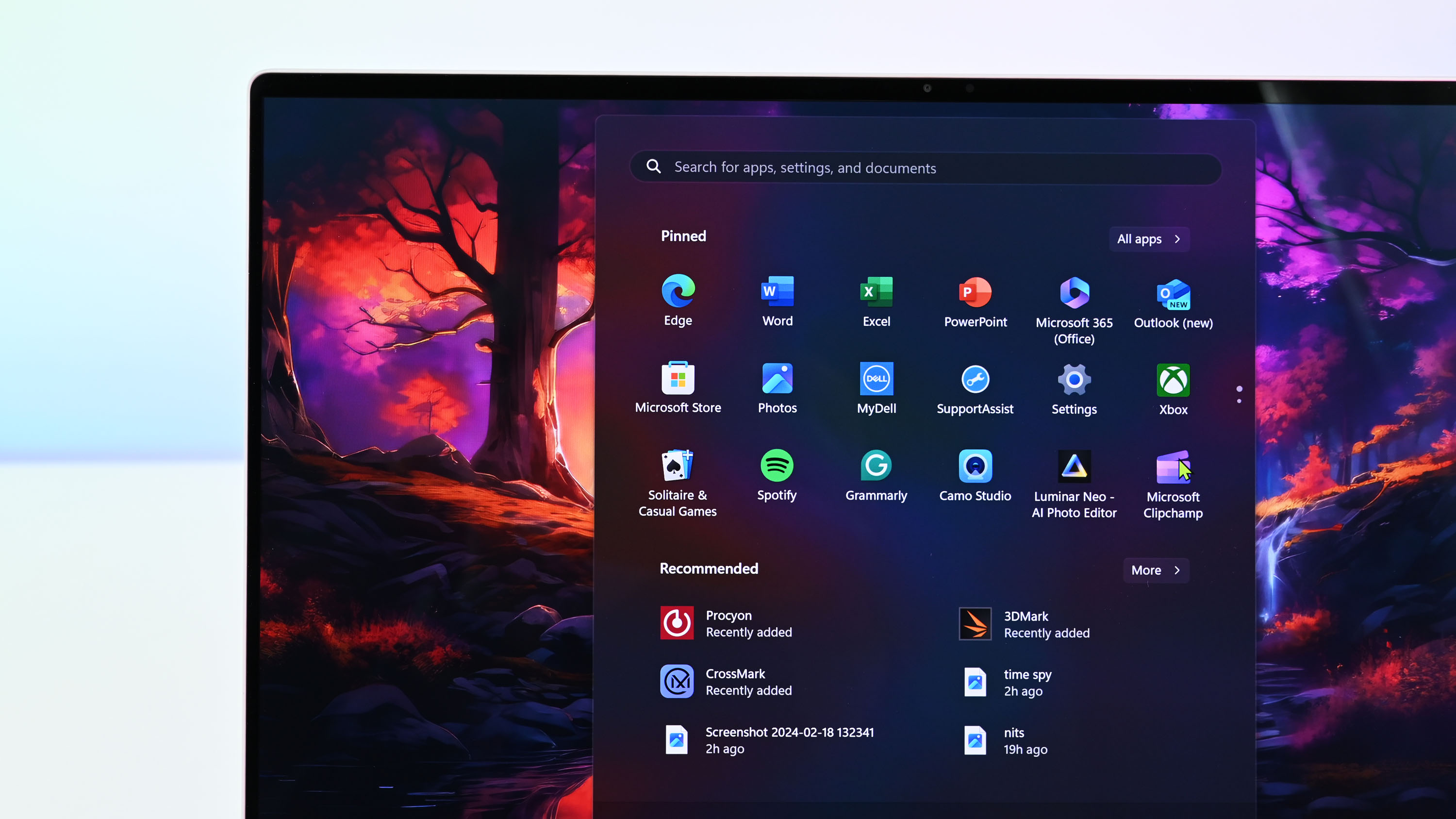
What you need to know
- Microsoft's latest Windows 11 preview build introduces support for new Wi-Fi 7 access points.
- Devices with Wi-Fi 7 have already started shipping, but the current version of Windows 11 isn't able to utilize it.
- Windows 11 version 24H2 will be the first version with Wi-Fi 7 compatibility.
Microsoft has announced that it's bringing support for Wi-Fi 7 hardware to Windows 11 with version 24H2, which is expected to launch later this year as Microsoft's next big OS update. Hardware with W-Fi 7 capabilities started shipping over the last handful of months, but the current in-market version of Windows doesn't yet support it.
Wi-Fi 7, also known as IEEE 802.11be Extremely High Throughput, offers much faster speeds over Wi-Fi 6E, as well as better efficiency, latency, reliability, and power. It includes multi-gigabit speeds, with up to 4x faster speeds than Wi-Fi 6E. With lower latency, games and video conferencing will be faster with better performance and responsiveness, too.
Here are the Wi-Fi 7 highlights:
- Multi-Link operation (MLO) allows devices to use multiple bands (2.4 GHz, 5GHz, and/or 6GHz) simultaneously to avoid network congestion and maintain connectivity.
- 320 MHz ultra-wide bandwidth in 6GHz doubles the speed to your devices and enables new possibilities for high bandwidth applications – and scenarios using such as AR/VR.
- 4096-QAM modulation increases the data transmission by 20% and improves the quality of video streaming, video conferencing, and more.
Of course, Wi-Fi 7 is only available on new hardware that ships with the technology. It requires both a Wi-Fi 7 access point and Wi-Fi 7 hardware built into PCs and laptops. In our Dell XPS 14 review, we noted that it's one of the first Windows PCs on the market with support for Wi-Fi 7, but Windows won't be able to fully utilize the faster speeds until the version 24H2 update later this years.
Windows 11 version 24H2 is the next big OS update for Windows 11, which is expected to feature a number of quality of life improvements, platform enhancements, and new AI features tied to next-gen NPU hardware shipping on Intel Ultra and Qualcomm Snapdragon X Elite chips.







